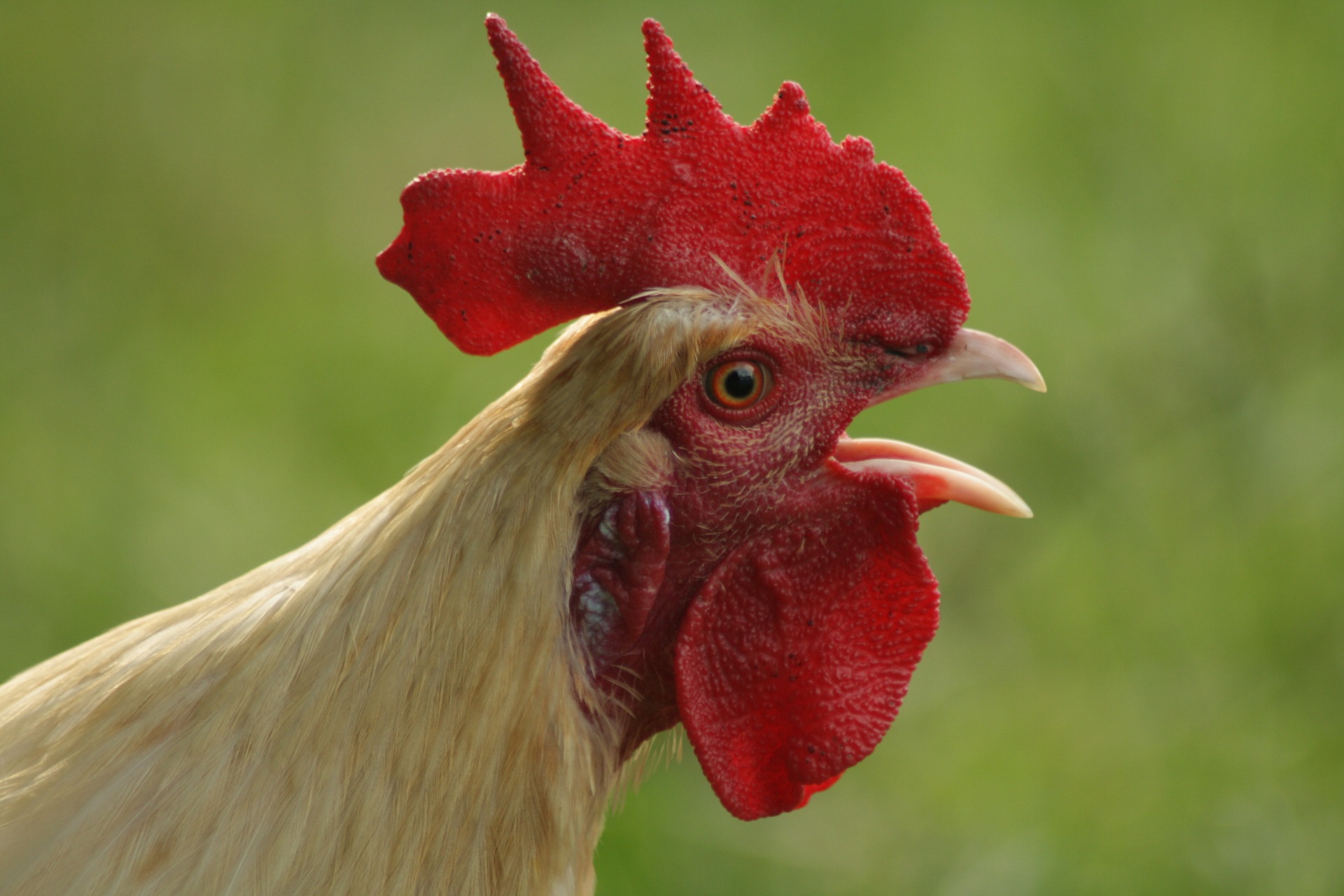Northern Ireland a Hotspot for Poultry Mega Farms
Northern Ireland is one of the UK’s most prominent regions for the intensive farming of poultry, according to reports.
There are also 789 US-style mega farms for livestock across the UK, the joint publication by The Guardian and The Bureau of Investigative Journalism showed.
This comes off the back of a 26% rise in intensive farming – which the UK’s Environment Agency defines as warehouses with more than 40,000 birds, 2,000 pigs or 750 cows – since 2011.
Although protests have been staged across the country to stop intensive farming practices, the report said many farms have become intensive by growing the existing site rather than by looking for new land.
While the biggest poultry farm has the capacity for 1.7 million birds, the largest cattle mega farm has about 3,000 animals and the largest pig farm has about 23,000 animals.
The Director of Campaigns for Compassion in World Farming, Emma Slawinski, raised concern about the conditions that intensively-farmed animals are reared in.
She was quoted as saying: “Bringing animals off the land and cramming them into squalid, inhumane factory farms is not only cruel to animals but also has far-reaching effects on human health, wildlife and the planet.
“Moving animals away from the countryside into cages and crowded sheds may seem like a space-saving idea, but this ignores the fact that vast amounts of land are used elsewhere to grow feed for them.”
Only Meeting Demand
The Chief Executive of the British Poultry Council, Richard Griffths, told the report authors that intensive farming was required to meet consumer demand.
He was quoted as saying: “Last year, we grew almost a billion birds – 95% indoors and 3.4% free range and 1% organic. If we tried to grow a billion birds a year organically, that would be a lot of land.
“It’s a balancing act, and it’s demand-driven. I don’t think we’ll see a change in systems without consumer demand. At the moment, that demand isn’t there.”
Meanwhile, the Professor of Food Policy at City University London’s Centre for Food Policy, Tim Lang, has spoken to AgriLand about the consequences of Brexit for the Irish border.
He said it was “astonishing” that the UK had a prime minister who favoured a hard Brexit despite this approach “brutally reawakening tensions between Northern Ireland and the Republic”.
Source: agriland.ie




